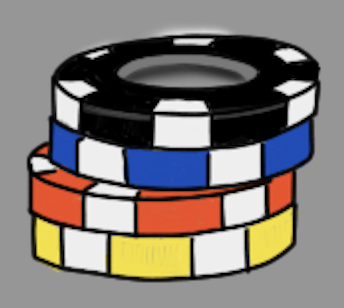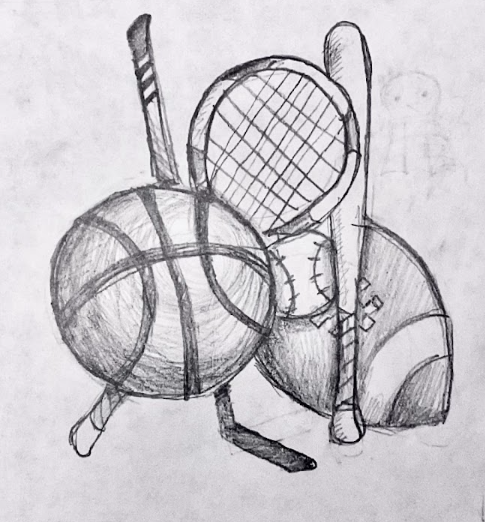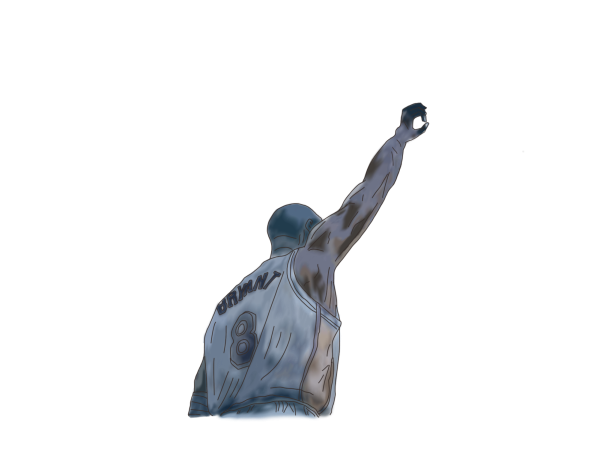Overexertion Can Be Harmful to Athletes
Whether it be a broken foot or a sprained wrist, sport related injuries take place all the time. Whether it became necessary to go to a doctor for a diagnosis, or if one has woken up the next morning and realized a muscle has been pulled, it is not uncommon for athletes to become injured at one point in their career. Many CHS students, not only play for the school team, but are also members of a club team outside of school.While it isn’t bad to be involved in something that allows you to get exercise and learn how to coexist on a team, it becomes a problem when aches and pains are ignored and an athlete continues to plow through on the field.
“During free play, when a child gets cold, tired, hungry, bored, or sore, she or he will typically stop,” researchers wrote last year in the American Journal of Sports Medicine, of children ages 7 to 18. “But when being supervised by an adult or when participating in organized competition, the child may feel an expectation to continue and therefore be more likely to push through pain or soreness.”
Many athletes refuse to take time off for their injury because they don’t want to miss out on the season, or they downplay their suffering and ignore their doctor’s advice in order to get back on the field as soon as possible. Many times, an athlete’s desire to continue playing although they are injured comes from pressure that is put on them by coaches or parents. Meaning that an injured athlete, especially if that athlete is the star player, might be pressured and maybe even forced to continue playing. Although the damage may not be seen right away, it is still there and can result in problems later on in life.
‘Was it a mistake to play at Wimbledon? Maybe, but when you are playing well it is hard to stop. At Roland Garros I had to play with anti-inflammatories to get through. After that I felt really bad. My practice before Wimbledon was terrible. I played the first round with injections, otherwise it would have been impossible. That doesn’t help the knee,” tennis player Rafael Nadal said to Daily Mail
There is nothing wrong with being a dedicated sports player. It’s good to want to excel and strive to be the best in the game. But success should never come before one’s health. There is no amount of money that you can receive from a scholarship that can outweigh a protruding bone in your leg.The glory and praise that one might be able to receive from scoring the winning goal, running that extra leg, or smashing the ball out of the park, does not compare to a fulfilling future with all parts of the body intact.
Hello there! Our goal is to provide relavent, engaging journalism for readers of all ages. Your donation will support the student journalists of the Wolfpacket at Claremont High School, and will allow us to purchase equipment, print our monthly issues, and enter in journalism competitions. We appreciate your consideration!













